


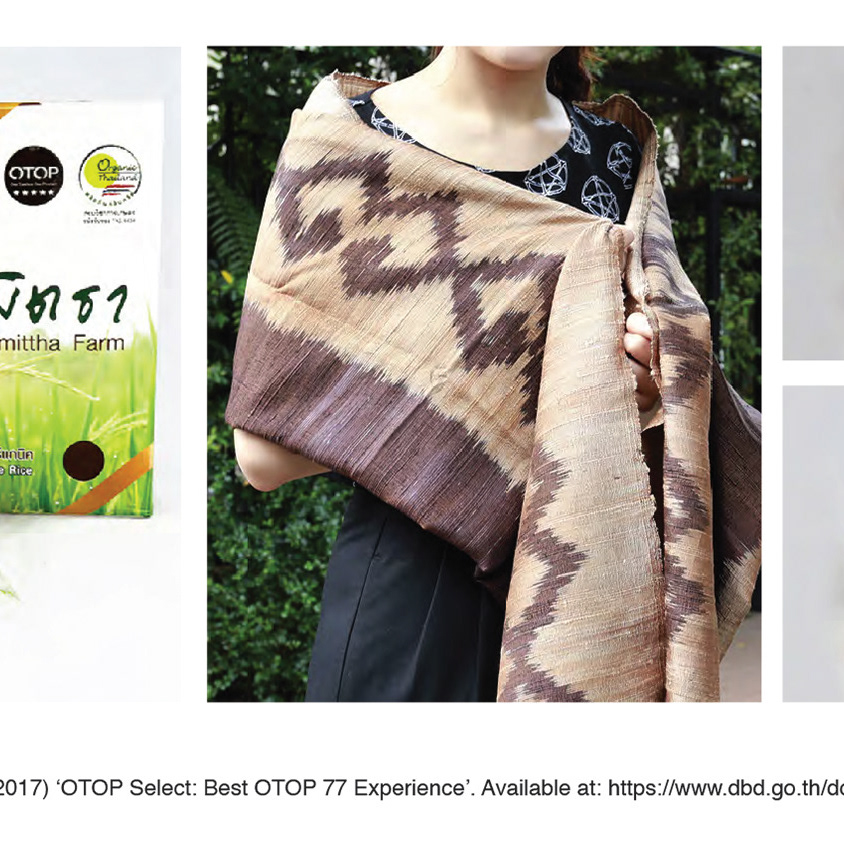


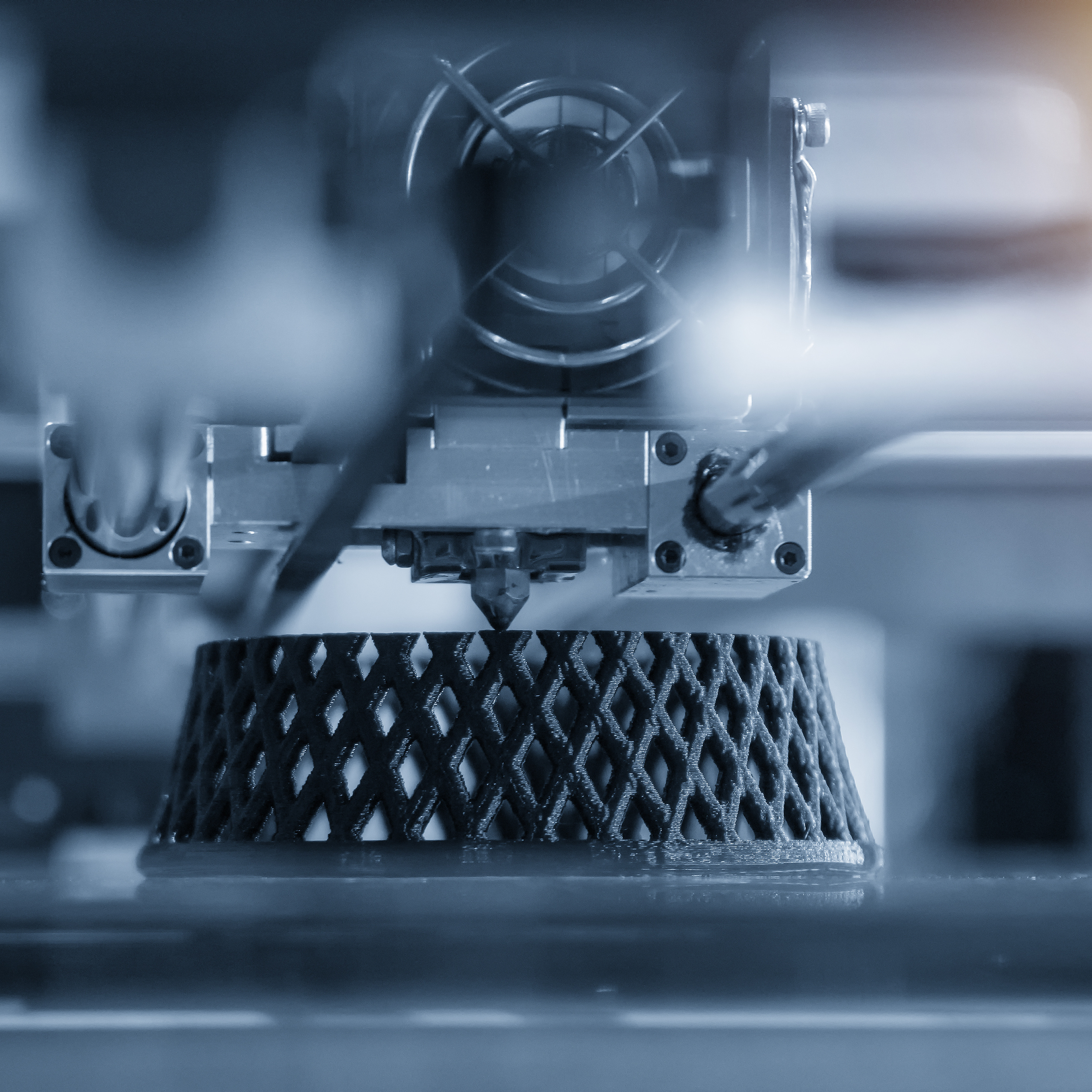
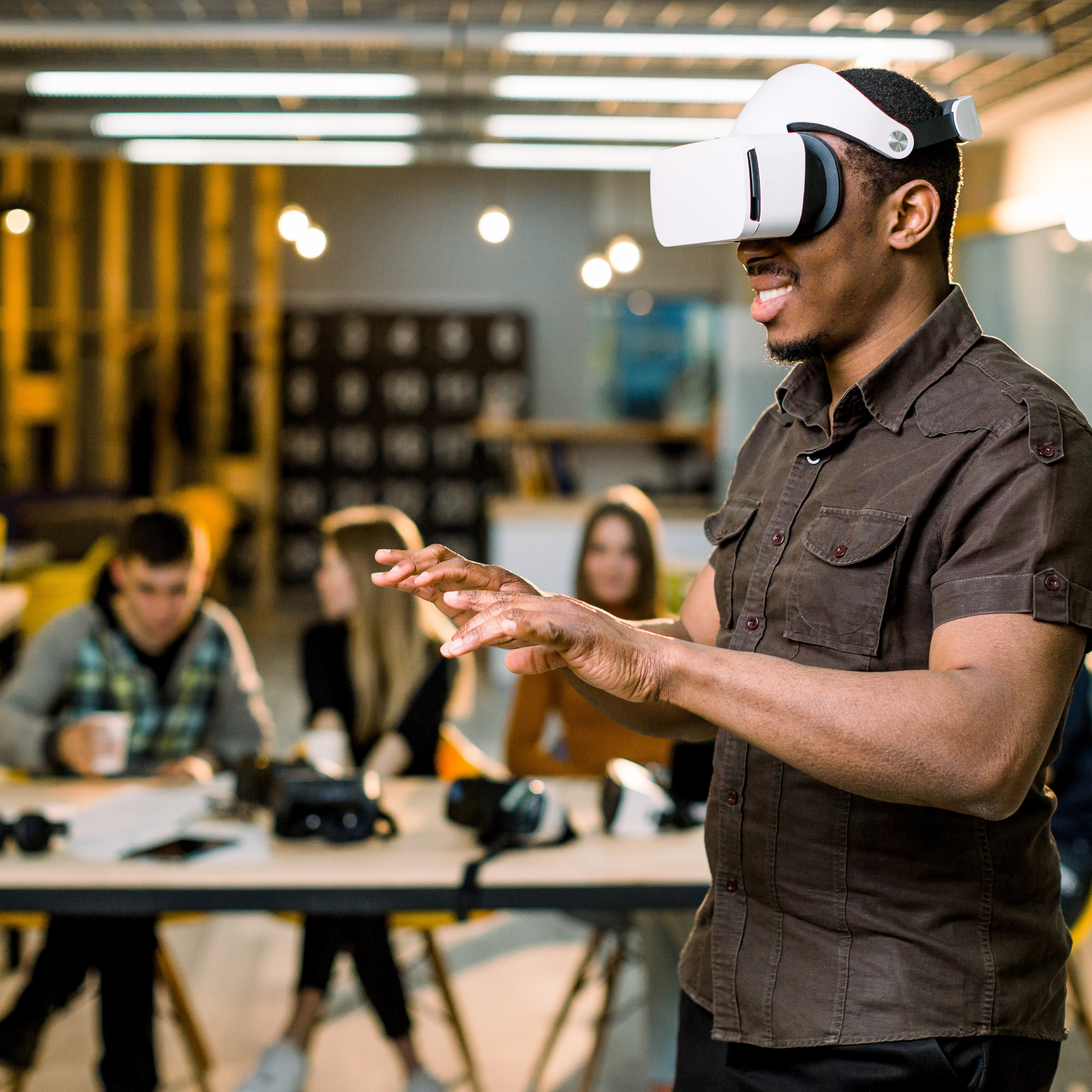
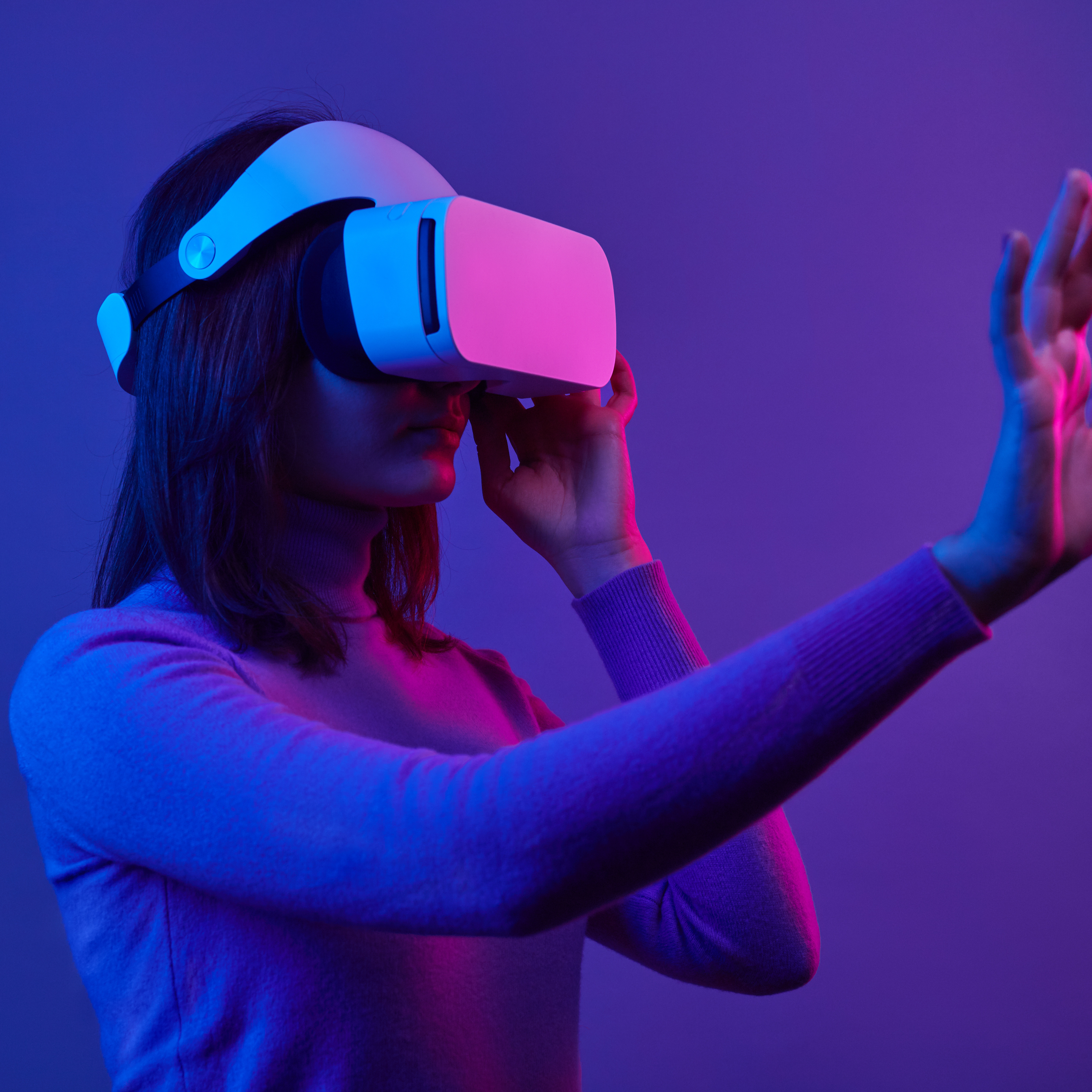
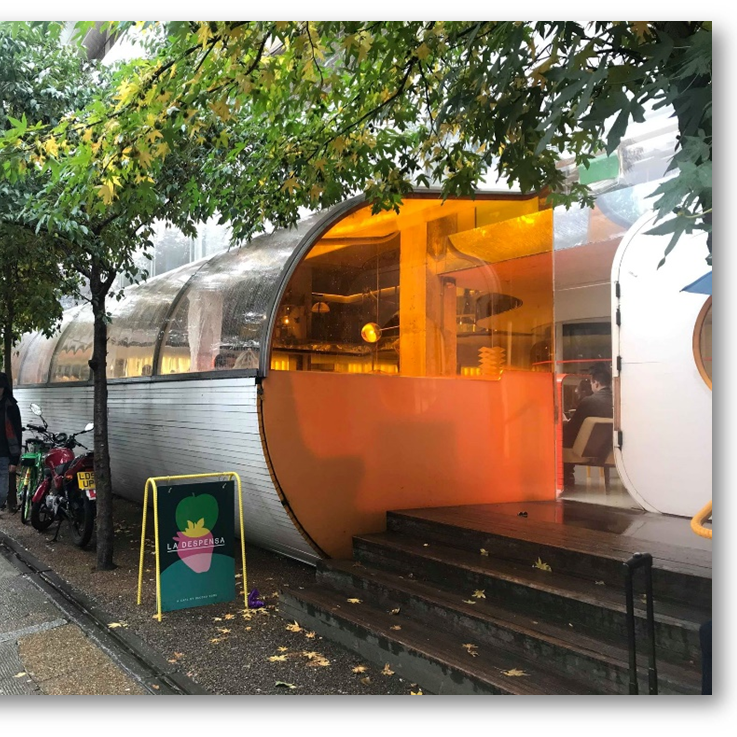
Our design research at PhD level challenges doctoral researchers to become fully independent learners with a specialisation. The duration of study is usually three years of full-time study for the standard route, or four years for the integrated PhD programme. Each student is supported by a Principal Supervisor, a Secondary Supervisor and a Research Development Advisor, as well as through workshops organised by the College and the Graduate School. This is also enriched by regular seminars and talks hosted by the department, as well as through external conferences. The department also organises an annual design doctoral symposium that provides a platform to promote networking opportunities and to engage in panel discussions with academics that support future career development. In addition, social events that are held across the year create a more vibrant research culture. One of the most common reasons to undertake a doctoral degree is to pursue an interest for a subject and to contribute to new knowledge.While a doctoral study requires commitment, it can be a fulfilling journey. The qualification opens new professional opportunities in research or knowledge-based sectors in academia as well as in the design and engineering industry. We also welcome applicants who wish to pursue practice-based research that would still contribute to new knowledge. We have three main intake dates across the year, in January, April and October. If you are interested to find out more, please get in touch with us. We would be happy to listen to you and provide information.
Our design research at PhD level challenges doctoral researchers to become fully independent learners with a specialisation. The duration of study is usually three years of full-time study for the standard route, or four years for the integrated PhD programme. Each student is supported by a Principal Supervisor, a Secondary Supervisor and a Research Development Advisor, as well as through workshops organised by the College and the Graduate School. This is also enriched by regular seminars and talks hosted by the department, as well as through external conferences. The department also organises an annual design doctoral symposium that provides a platform to promote networking opportunities and to engage in panel discussions with academics that support future career development. In addition, social events that are held across the year create a more vibrant research culture. One of the most common reasons to undertake a doctoral degree is to pursue an interest for a subject and to contribute to new knowledge.While a doctoral study requires commitment, it can be a fulfilling journey. The qualification opens new professional opportunities in research or knowledge-based sectors in academia as well as in the design and engineering industry. We also welcome applicants who wish to pursue practice-based research that would still contribute to new knowledge. We have three main intake dates across the year, in January, April and October. If you are interested to find out more, please get in touch with us. We would be happy to listen to you and provide information.









